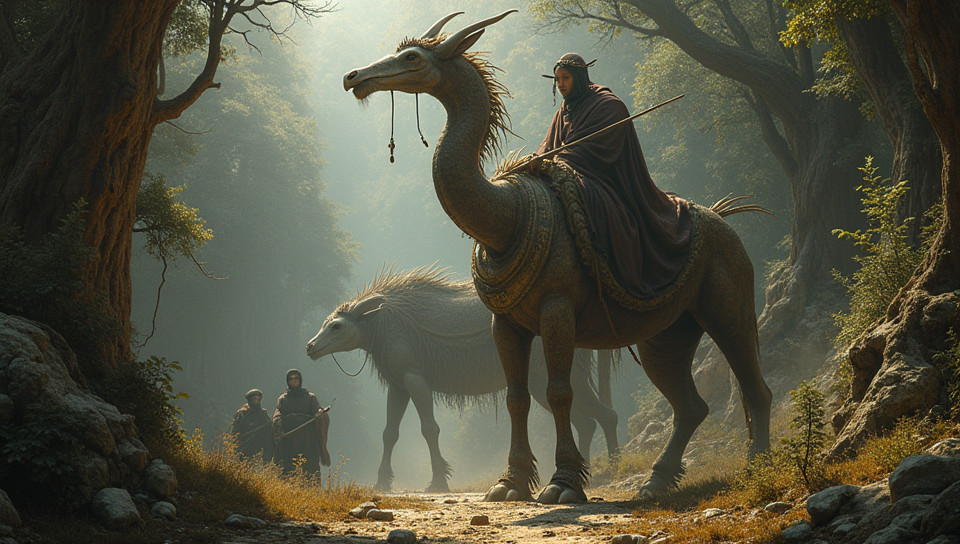Many cultures use myths to explain natural events 80%

Unraveling the Mysteries of Nature: The Power of Myths
In the vast expanse of human history, myths have played a significant role in shaping our understanding of the world around us. From the ancient civilizations of Greece and Rome to the indigenous cultures of Africa and Asia, myths have been used to explain natural events that were often shrouded in mystery.
The Origins of Myths
Myths have their roots in the earliest human societies, where people sought to make sense of the world through storytelling. These stories were often passed down orally from generation to generation, with each retelling adding new layers of meaning and significance. As societies evolved, myths continued to play a vital role in explaining natural phenomena such as thunderstorms, earthquakes, and volcanic eruptions.
Explaining the Unexplainable
Many cultures have used myths to explain natural events that were beyond their comprehension. For example: - The ancient Greeks attributed lightning bolts to Zeus's wrath - The Native American tribes believed that the stars were spirits of their ancestors - The Chinese associated the changing colors of the sky with the mythical dragon
Myths as a Reflection of Human Experience
Myths are often reflections of human experiences, emotions, and concerns. They serve as a way for us to process and make sense of the world around us. By attributing natural events to supernatural forces or mythological creatures, people were able to find meaning and purpose in their lives.
The Legacy of Myths
Despite the advances of science and technology, myths continue to hold a significant place in modern society. They inspire art, literature, and music, and provide a window into the cultural heritage of different communities. By studying myths, we can gain a deeper understanding of human history, culture, and psychology.
Conclusion
Myths have been an integral part of human culture for centuries, serving as a way to explain natural events that were often shrouded in mystery. While science has helped us understand the world around us, myths continue to hold a special place in our collective imagination. By embracing the power of myths, we can gain a deeper appreciation for the complexities and mysteries of nature, and our place within it.
- Created by: Dylan Romero
- Created at: Oct. 14, 2024, 12:06 p.m.
- ID: 12718







